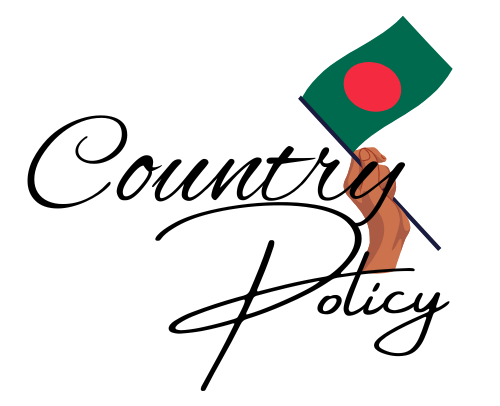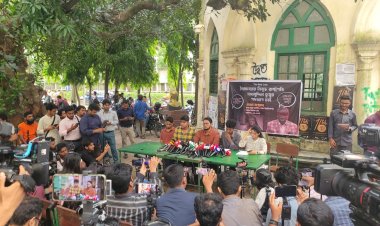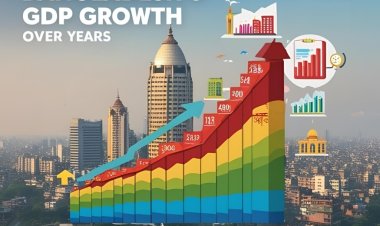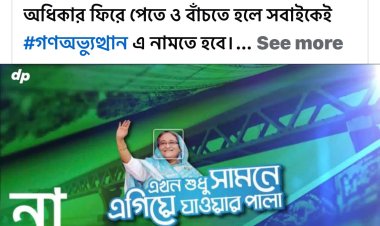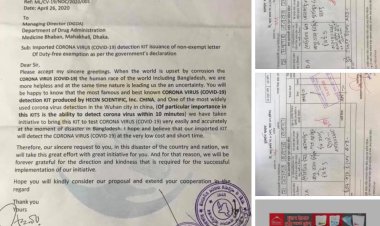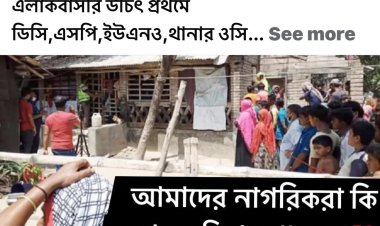The Bangladesh Uprising: A Civic Call for Change (2020–2024)- Dr. Raju Ahmed Dipu
The Bangladesh Uprising: A Civic Call for Change (2020–2024)- Dr. Raju Ahmed Dipu
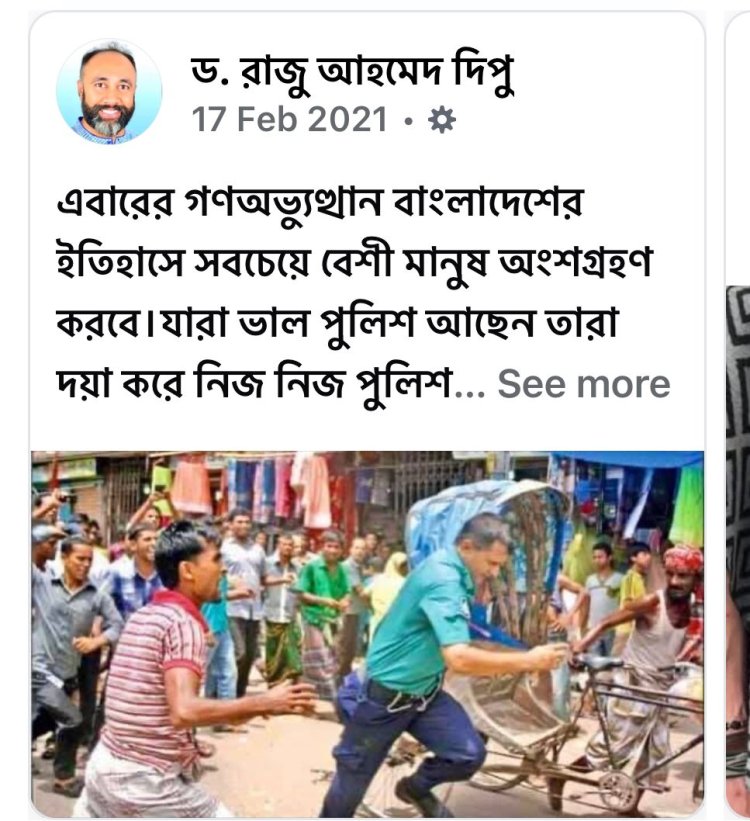
The Bangladesh Uprising: A Civic Call for Change (2020–2024)
By CountryPolicy | Based on the Civic Work of Dr Raju Ahmed Dipu
Overview

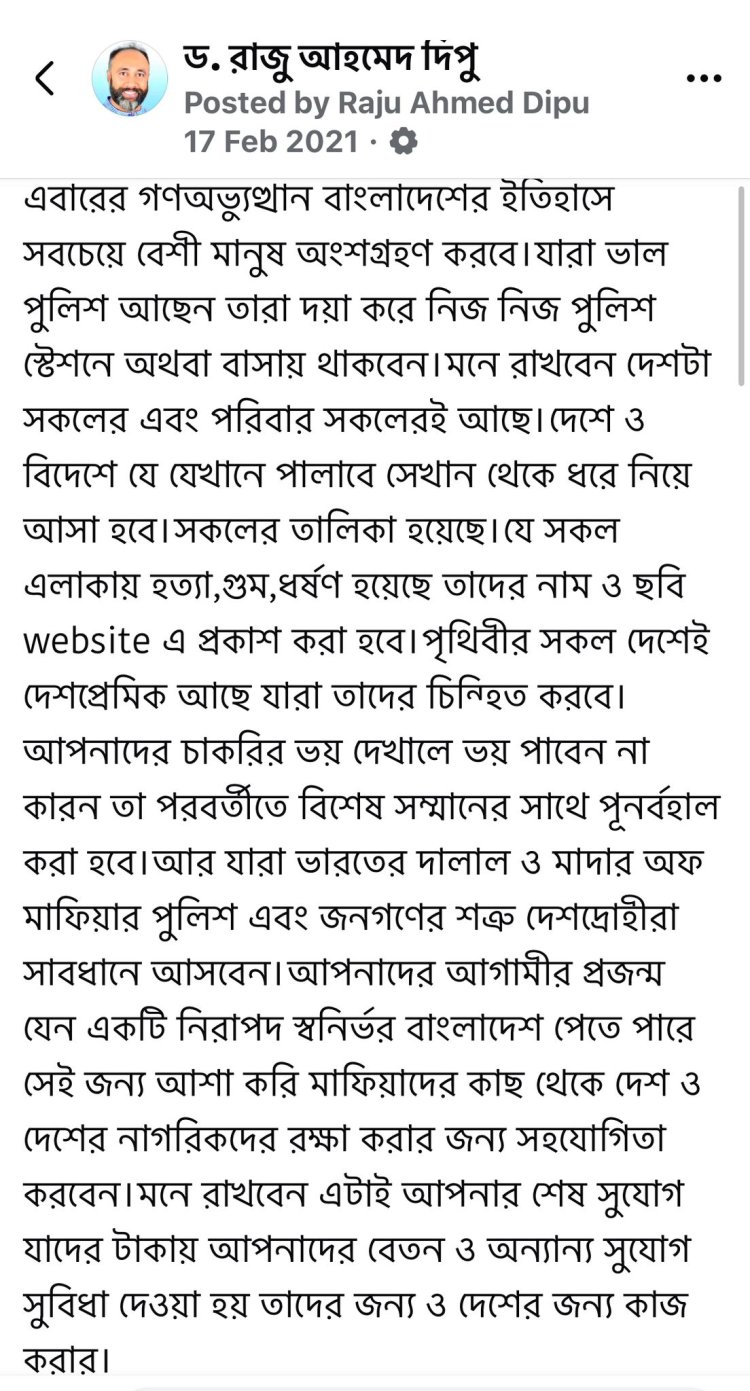
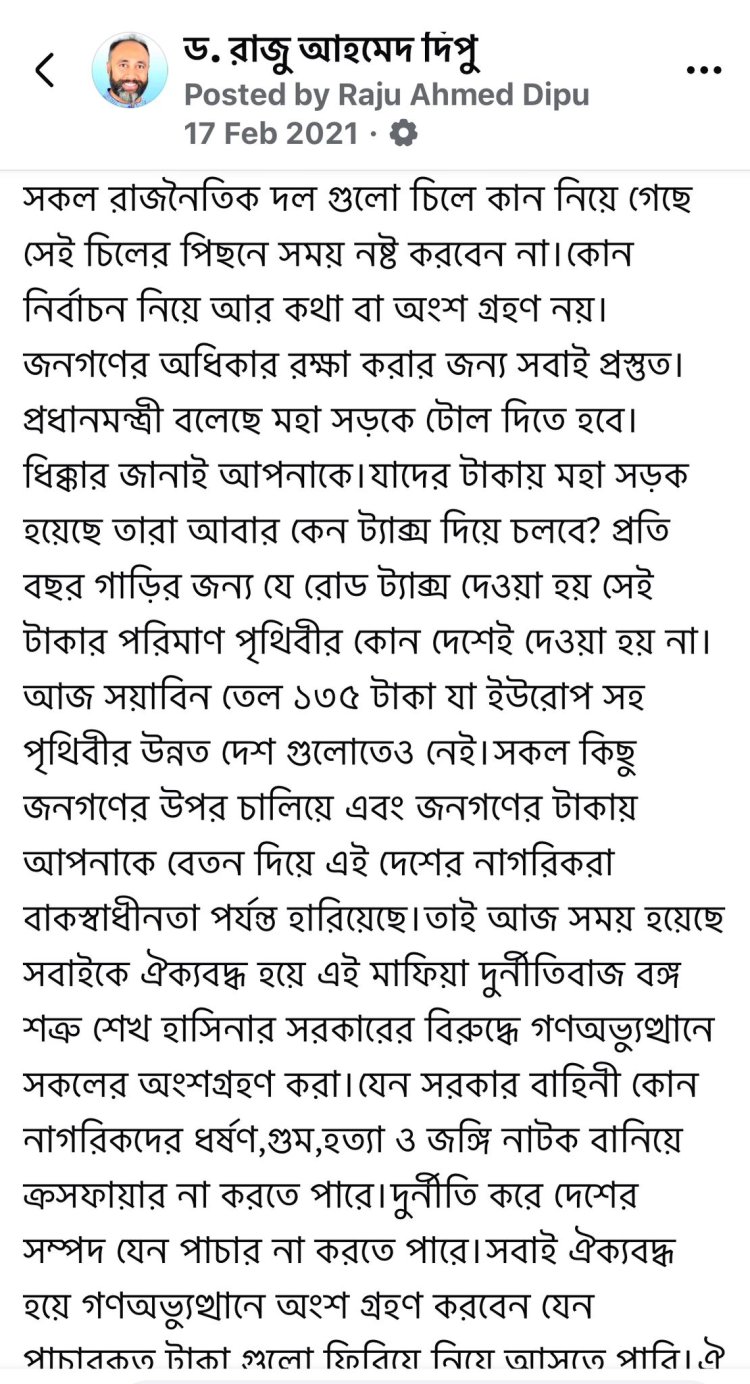
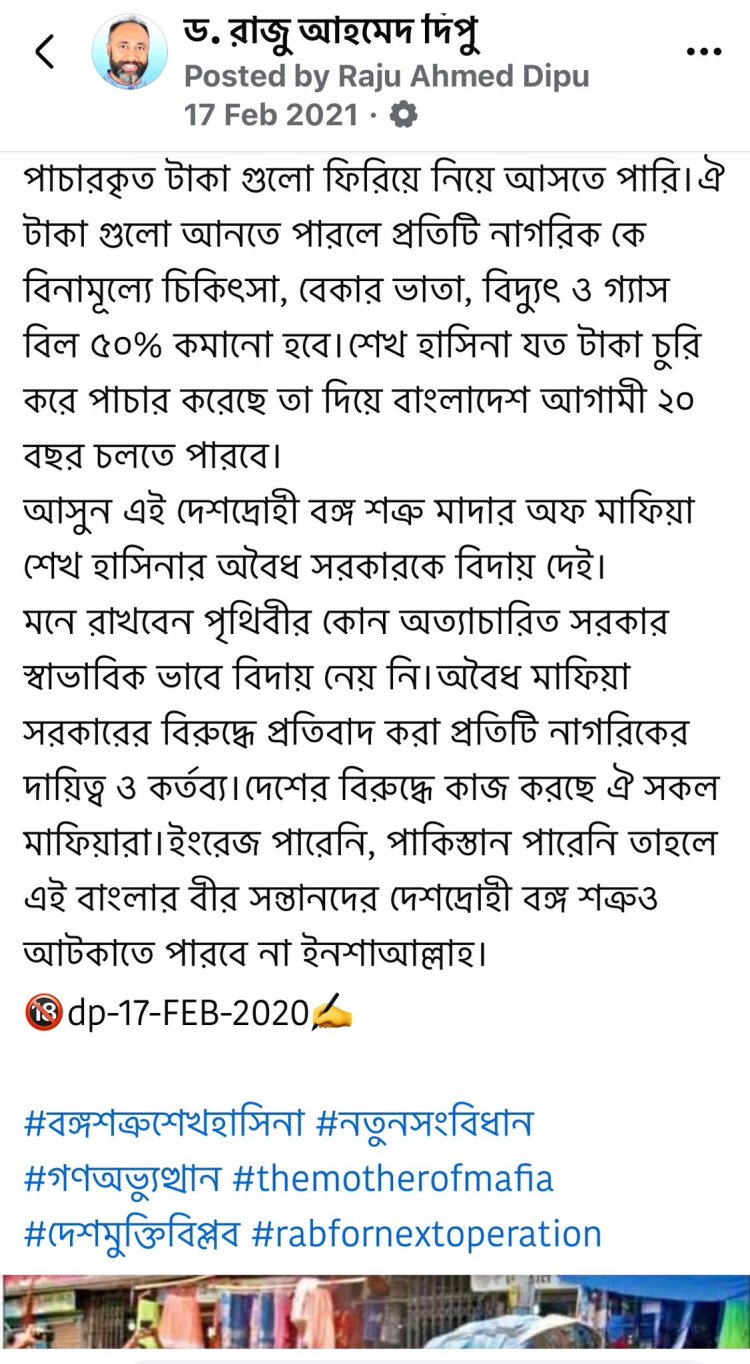
Between 2020 and 2024, Bangladesh experienced a significant shift in civic consciousness, not through violent revolution, but through a digitally driven movement grounded in civil discourse, constitutional concern, and grassroots mobilisation. At the heart of this civic reawakening stood Dr Raju Ahmed Dipu, a social entrepreneur, researcher, and independent voice in exile. His campaign, informally termed the “Bangladesh Uprising”, sought to reframe the national dialogue through a constitutional lens, in response to rising public dissatisfaction.
Dr Dipu’s initiatives during this period concentrated on promoting democratic literacy, defending civic freedoms, and calling for state accountability in the face of what he and his followers perceived as systemic corruption, democratic erosion, and alleged violations of human rights.
Public Declarations & Digital Mobilisation
From exile, Dr Dipu published a series of video briefings that documented state dysfunction, weakening judicial independence, and declining civil liberties. Disseminated across social media and independent online platforms, these messages reached a broad spectrum of the Bangladeshi diaspora and gradually became central to public discourse.
Core themes of these declarations included:
-
Allegations of high-level corruption within government and law enforcement
-
Advocacy for electoral reform and reinstatement of a neutral caretaker governance structure
-
Strong condemnation of enforced disappearances and extra-judicial actions
-
Calls for political pluralism and inter-party collaboration to restore constitutional governance
Strategic Communications & Political Outreach
Documented testimonies and civic records reveal that Dr Dipu actively engaged with several actors across the opposition landscape, though independently and without formal partisan alignment.
-
Message to the BNP Acting Chairman (18 July 2024):
A communication was reportedly issued urging coordinated civic protection of key state institutions—Gonobhaban and Bangabhaban—highlighting the need for unified resistance framed within constitutional boundaries. -
Advisory to the Family of Late Jamaat-e-Islami Leader Ghulam Azam:
From 2021 to 2024, Dr Dipu maintained dialogues with the family of Ghulam Azam, particularly his son, stressing the importance of transitional reform and legal-political alignment. These conversations reportedly included preparations for a future shift in national governance. -
Engagement with BNP Youth Leadership:
He offered guidance aimed at strategic discipline, urging that youth activism adhere to legal frameworks and focus on long-term structural reform rather than spontaneous street action.
Though informal, these efforts contributed to a broader narrative shift across ideological lines and encouraged dialogue around lawful transformation rather than confrontational agitation.
Vision and Framework of the Uprising
Framed as a “civic renaissance” rather than a political rebellion, Dr Dipu’s conceptualisation of the Uprising emphasised:
-
The People's Right to Recall: An institutional mechanism to remove public officials found guilty of corruption or abuse of power
-
Digital Governance Reform: Redesigning public administration to improve transparency and reduce bureaucratic inefficiency
-
Anti-Corruption Tribunal with Citizen Oversight: A model advocating public participation in institutional accountability
-
The Triple Mandate of Civic Freedom:
-
Universal Access to Healthcare , Judicial Independence Free and Fair Elections
These principles reflected a blend of historical insight, constitutional law, and civic morality—marking the movement as uniquely reformist in character.
Reception and Public Impact
Although government authorities characterised the movement as politically motivated, numerous independent scholars, civil society figures, and diaspora networks recognised the Uprising as:
-
A non-partisan assertion of civic rights
-
A modern model of political activism in exile
-
A potential case study in the use of digital platforms for civil resistance
By the end of 2024, parts of the opposition and newer civic platforms began integrating Dr Dipu’s proposals into broader dialogues on reform and accountability, albeit without formal coordination.
Documentation and Archival Resources
The material related to the Uprising—comprising statements, analyses, audio-visual content, and strategic proposals—is now being compiled and archived for public study and future civic research through the following platforms:
-
CountryPolicy.com
-
BangladeshAnalyst.com
-
BengalSultanate.com (for historical and contextual framing)
Note: All content is maintained as part of a growing public domain archive for academic, journalistic, and civic educational purposes.
Confidential Disclosures and Internal Sources
During the course of the campaign, Dr Dipu reportedly acquired sensitive documents through internal sources, including:
-
The original Prime Ministerial Appointment Letter for Sheikh Hasina from 1996, signed by the then-President
-
An alleged national registry of criminal actors, compiled through citizen channels
-
A confidential list of senior bureaucrats and law enforcement officials purportedly involved in unconstitutional practices
These materials are currently under verification and are expected to form part of an independent transparency initiative.
Final Declaration
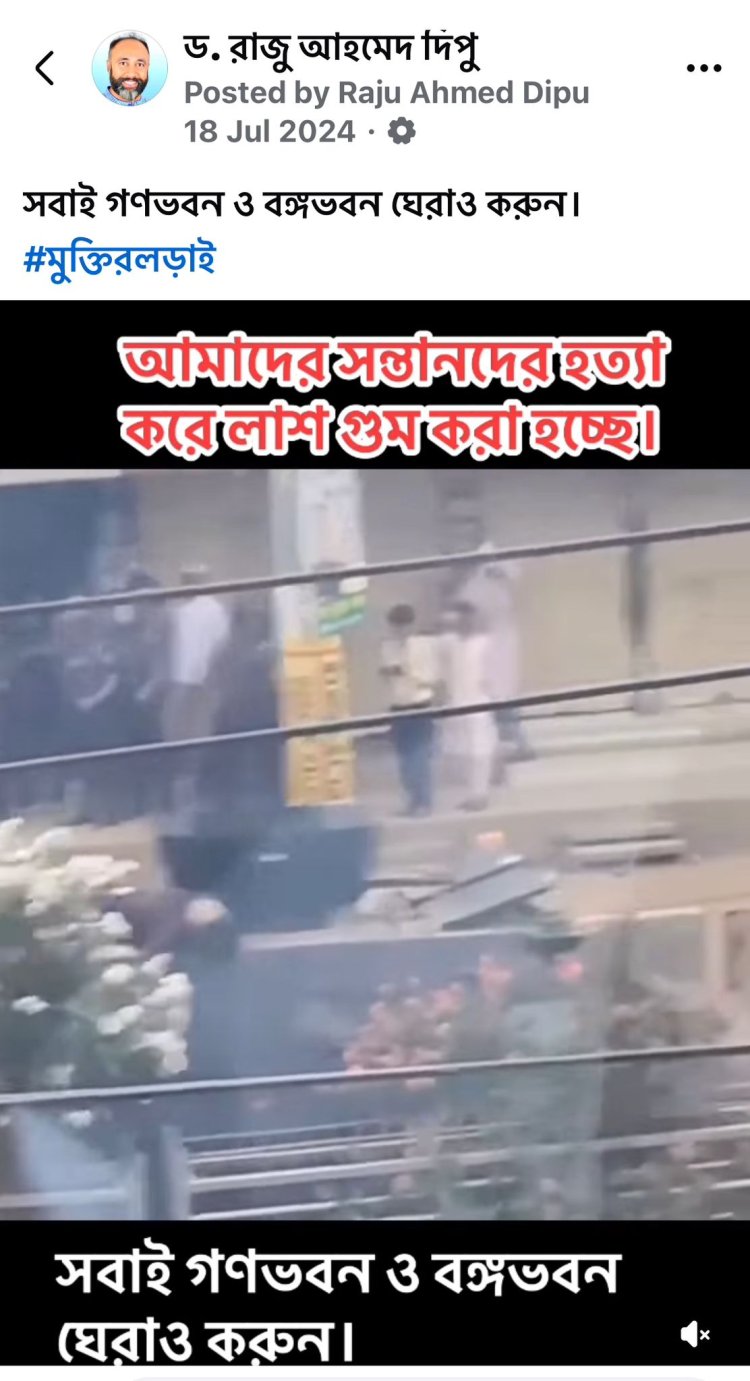
“The future of Bangladesh lies not in submission, but in civic clarity. Let the Uprising be not a call to conflict, but a commitment to national character.”
— Dr Raju Ahmed Dipu, Uprising Declaration, August 2024
Historical Significance
The Bangladesh Uprising (2020–2024) represents a turning point in civic agency—illustrating how digital platforms, constitutional frameworks, and transnational voices can reshape national conversations. Whether history classifies it as a revolution or a reformist drive, its enduring legacy will lie in its affirmation of principled dissent and democratic aspiration.
